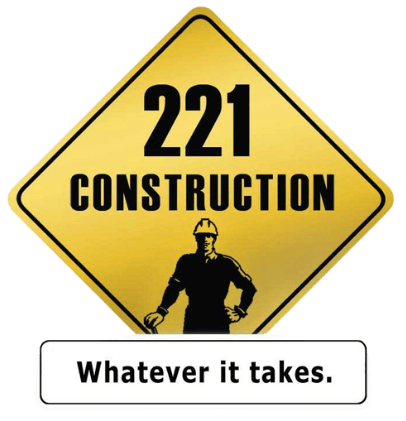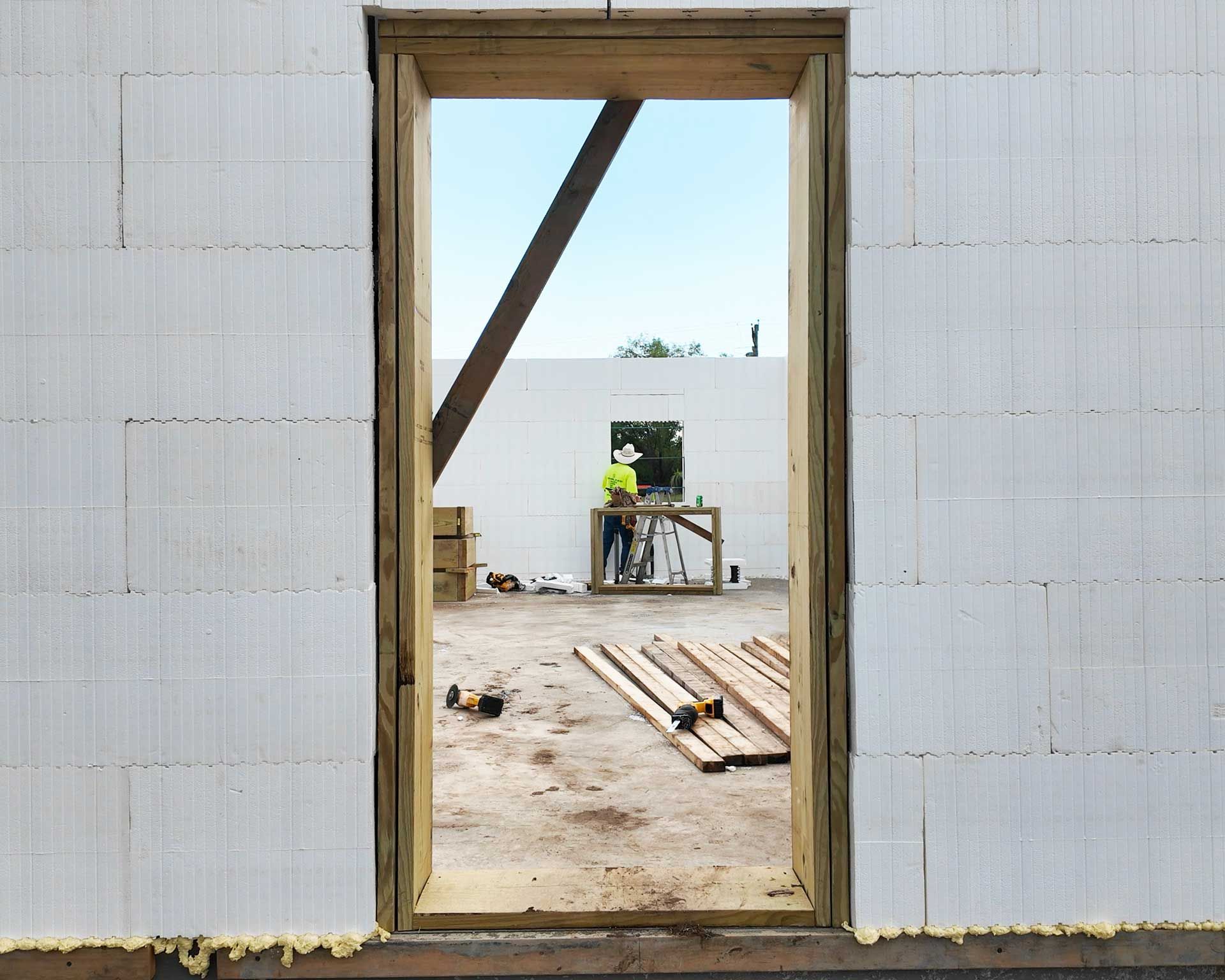Why ICF Construction is Changing the Game in Homebuilding
Why ICF Construction?
When it comes to building a home, choosing the right construction method can make all the difference in durability, efficiency, and long-term cost savings. Traditional wood-frame homes have been the go-to for generations, but innovative building techniques like Insulated Concrete Forms (ICF) are proving to be the future of construction.
ICF homes are more than just structures. They are built to last, offering unmatched strength, energy efficiency, and cost-effectiveness over time. But what exactly makes ICF stand out? Let’s break it down.
Let's Break it down
What is ICF Construction?
ICF (Insulated Concrete Forms) is a building system that uses hollow foam blocks, which are stacked and reinforced with steel before being filled with concrete. Once the concrete is set, these forms stay in place, providing insulation on both the inside and outside of the walls. This results in a solid, reinforced concrete structure with built-in insulation, eliminating extra steps in the building process.
ICF vs. Traditional Building Methods
In standard wood-frame construction, multiple layers go into a single wall:
- Framing
- Sheathing
- Insulation
- Vapor barriers
- Drywall or exterior finishes
Each of these steps requires additional labor, materials, and time, increasing construction costs. With ICF, the walls are built in one efficient step, reducing labor costs and boosting efficiency.
The Benefits of ICF Construction
1. Strength That Stands the test of time
One of the most significant advantages of ICF is its unparalleled strength. Unlike wood, which can deteriorate over time due to moisture, pests, or natural wear, ICF structures are built to last 100 years or more. They can withstand:
- Severe weather conditions, including hurricanes and tornadoes
- Fires, with up to a four-hour fire rating compared to 20 minutes for wood
- Pests, as termites and rodents cannot eat concrete
Simply put, ICF buildings are not just homes. They are fortresses designed to protect against the unexpected.
2. Lower Energy Cost over Time
ICF homes are built with insulation as part of their walls. This helps keep warm air inside during the winter and cool air inside during the summer. The result?
- Up to 60 percent lower heating and cooling costs compared to wood-frame homes
- Fewer drafts and temperature fluctuations, meaning more comfort year-round
- Higher insulation levels than traditional construction
Homeowners who choose ICF construction pay less for energy every single month, making it a smart long-term investment.
3. Lower Long-Term Maintenance Cost
Many homeowners focus on the initial cost of building, but what about the cost of maintaining the home over time?
ICF homes require less upkeep because:
- The walls do not rot, warp, or develop mold like wood
- The reinforced concrete structure will not settle or shift over time
- There is no need for costly insulation upgrades because ICF already has superior insulation
Over the years, these savings add up significantly, making ICF an investment that pays for itself.
4. Better Air Quality and Noise Reduction
ICF homes naturally provide cleaner indoor air by reducing drafts and keeping out dust, allergens, and mold. This makes them an excellent choice for:
- Allergy sufferers
- Asthma patients
- Anyone looking for a healthier home environment
Because concrete walls absorb sound, ICF homes are quieter, reducing noise from traffic, neighbors, or weather conditions.
The Market Value Advantage
Because ICF homes are stronger, more efficient, and lower maintenance, they often have a higher resale value than traditionally built homes. Future buyers appreciate the energy savings, safety, and durability that come with ICF, making it a strong selling point in the real estate market.

